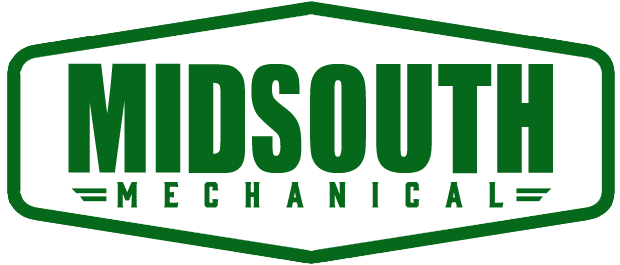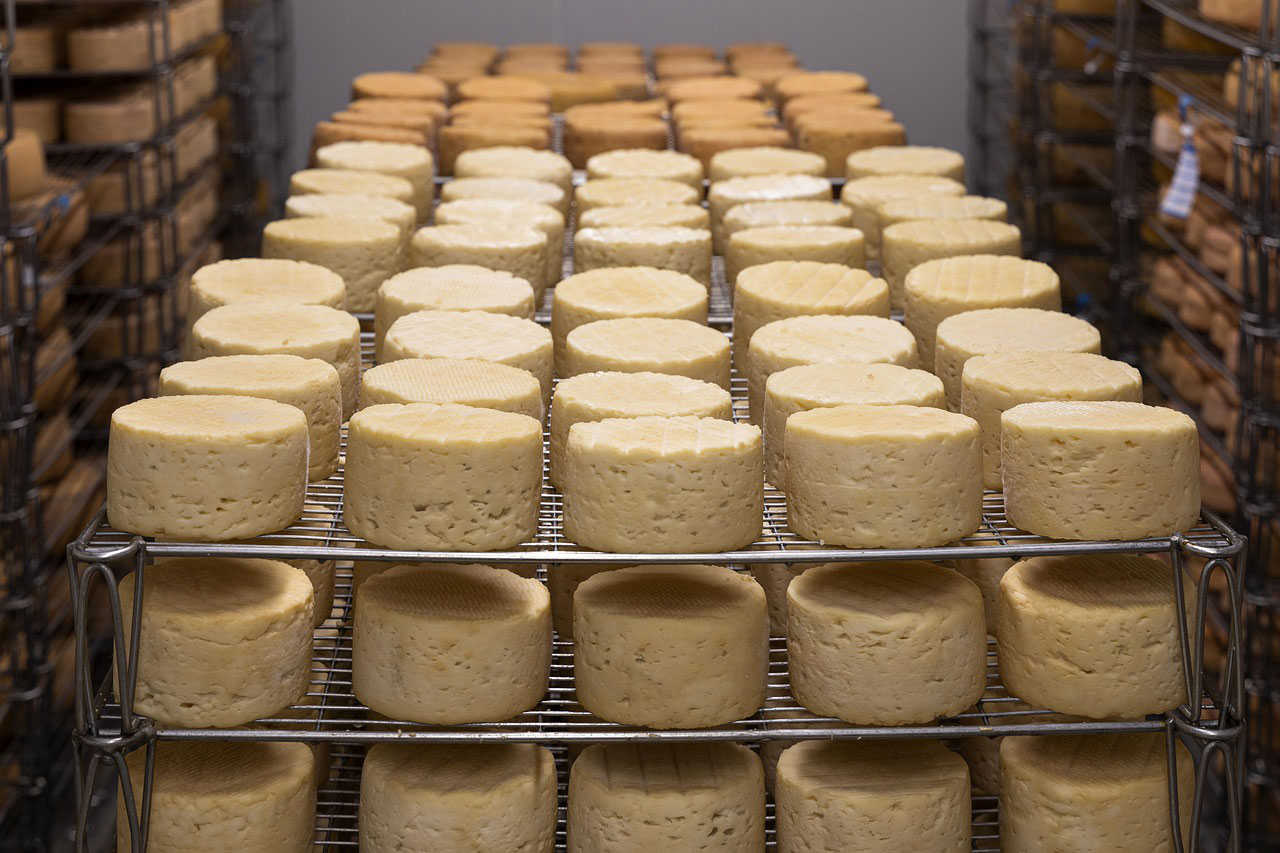In the food and beverage industry, the remanufacturing process is not just about transforming ingredients into products; it’s about doing so in a way that upholds the highest standards of health, safety, and environmental compliance. The role of mechanical contractors is pivotal in this regard, as they bring the expertise necessary to ensure that remanufacturing processes meet rigorous industry regulations, thereby safeguarding consumer health and protecting the environment.
Adhering to Health and Safety Standards
Mechanical contractors are instrumental in implementing systems and machinery that comply with strict health and safety standards. This involves installing state-of-the-art processing equipment that is designed to eliminate contamination risks, from the handling of raw materials to the packaging of final products. These professionals understand the critical control points within the manufacturing process where risks are highest, and they employ advanced technologies such as ultraviolet disinfection, pasteurization, and aseptic processing to mitigate these risks.
Environmental Compliance
Sustainability and environmental compliance are increasingly becoming priorities for the food and beverage industry. Mechanical contractors contribute to these goals by integrating systems that minimize waste and reduce energy consumption. For instance, they might install energy-efficient motors and HVAC systems, or implement waste recovery systems that repurpose by-products and reduce landfill waste. By doing so, they help manufacturers meet not only regulatory requirements but also consumer expectations for sustainability.
Navigating Regulatory Landscapes
The regulatory landscape of the food and beverage industry is complex, with standards and laws that vary by region and are frequently updated. Mechanical contractors stay abreast of these changes, ensuring that remanufacturing facilities are always in compliance. Whether it’s adhering to the Food Safety Modernization Act (FSMA) in the United States, the European Food Safety Authority (EFSA) regulations in Europe, or other international standards, these experts ensure that all mechanical aspects of the production process are designed and operated in accordance with the latest regulations.
Training and Certification
Beyond the installation and maintenance of machinery, mechanical contractors also play a crucial role in training facility staff on the proper operation of equipment and on compliance with safety protocols. Many contractors hold specialized certifications in food safety management systems, such as Hazard Analysis Critical Control Point (HACCP) certification, which further enhances their ability to guide and implement compliant manufacturing processes.
Innovative Solutions for Safety and Compliance
Innovation is at the heart of modern mechanical contracting services in the food and beverage sector. From robotic automation that reduces human contact with food products to advanced filtration systems that ensure water reuse practices meet environmental standards, mechanical contractors are at the forefront of introducing innovative solutions that drive compliance and safety in food remanufacturing.
Ensuring Compliance and Safety
The significance of mechanical contractors in ensuring compliance and safety in the food and beverage remanufacturing process cannot be overstated. Their expertise not only helps navigate the complex regulatory environment but also implements innovative, efficient solutions that protect consumers and the planet. As the industry continues to evolve, the role of mechanical contractors will only grow in importance, ensuring that food and beverage manufacturers can meet the dual demands of regulatory compliance and consumer expectations for safety and sustainability.
Our team is here to help.
Contact a project manager today!


